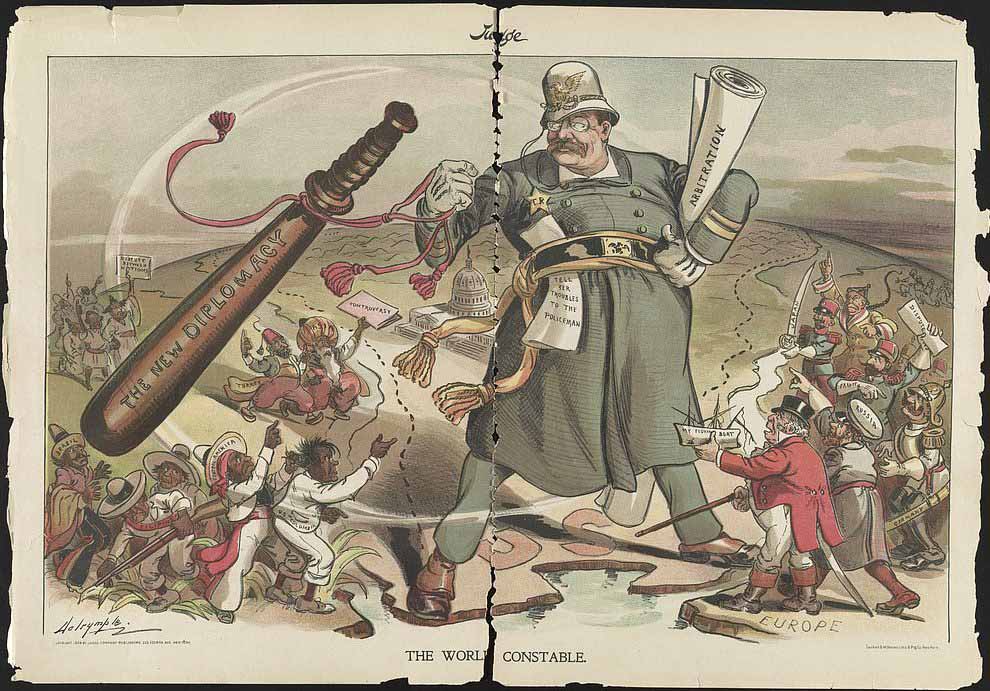How free is free choice? This has been one of those questions which is simple sounding but one which has trouble many of the most brilliant minds through the ages, and indeed has been one of the preoccupation of most religions. Perhaps this has to do with the certainty of death and that whatever one does, there is just one ultimate answer – nothing is forever. If this is the final destination of all, the realisation is also of a hierarchy of meta-narratives which envelope and predetermine smaller historical narratives within them. In the postcolonial world, this inescapable historical predicament was forged by what may indeed be the one most important event in the modern era – colonialism. Indeed, the importance of this event unconsciously manifests in the fact of classification of historical times with this as the central marker. Hence, apart from the colonial era we have pre and postcolonial eras etc. The assumption seems to be, all postcolonial thinking, is a product of and a reaction to colonialism especially. If this were to be taken for granted, the question is, what then can be the alternate modernism. For surely, even if colonialism did not happen, there still would be a modern.
“Colonial modernity” if it was just a convenient way of classifying a historical period, it would not have been so problematic, but it is not. It is loaded to the core with values, and this too of a very derisive nature. It implies a modernity that is a direct derivative of the dehumanizing enslavement in both material and spiritual terms that colonialism introduced, exhibiting in the process an inability to “re-people” that spiritual landscape, sapped and made barren by colonialism’s brutal aggressions – a state of mind where the formerly colonized continue to immortalize the values of their former colonizers even those that made them less than human. Much of the social stratifications, and dualities that we witness in these former colonies today, such as between tribal and non-tribal, forward and backward, etc, are acknowledged to be a result of this. The obvious inference is, in the non-colonized world, such stratification would have been very different, or at least not brutal.
It is difficult to agree with all of what is being put forward, although we do acknowledge there are strong elements of hangovers of the past era contaminating the present. As for the non-colonized world offering an alternative to an exploitative system of society, may not be altogether correct. Thailand is one case. The country was never colonized, but all the same the country treats its peripheral citizenry worse than many former colonies do. A former foreign minister of Thailand whom I once had the opportunity to interacted with in Guwahati confirmed this, when he said that many of Thailand’s “indigenous” populations have not even been given citizenship of the kingdom and it was only late into the 20th Century that the country’s cabinet met to decide whether this section of its own population should be allowed to vote or enjoy the other citizenship rights of a “modern” nation.
The attribute of the idea of “colonial modernity” is that it is an enslavement of the mind. This too is contestable or it disregards the belief that the human self is fundamentally free. Even in the worst of colonial times, this space was never totally lost. Let us consider the legend of Zorba the Greek, which has been made into a Hollywood classic in the 1970s. In one of the scenes, Zorba cautions his boss that “When I am at work, I am yours, but when I am singing or playing, I am my own.” Zorba is a fictional character, but in real life too there have been people who said this in their own ways. The Apache chief Jeronemo’s courting death rather than give up the Apache’s way of life before he was snared and betrayed, says as much. There are certain spaces which even colonialism cannot conquer. The creative impulse in a man is always free, and this is why he is able to adopt to even the worst of circumstances, and given the free exercise of this creativity, can make the best out of them. This is also the law of nature. In a distant way, the Coronavirus example and how the threat it posed the virus exposed humans showed this too. The pathogen exhibited this creativity when it continually adopted and transformed its constitution to beat the best of human effort to eliminate it. Human creativity should be able to outdo the confines of “colonial modernity” too, and adopt much of its better attributes after rejecting its worst ones, to make the modern life ever more robust. Liberal education that rests on a foundation of science and empiricism, is one such areas, to name just one. It is also noteworthy in this context that many former colonies which have shed their colonial complexes are poised to overtake their former colonizers playing by the very rules the latter introduced. India is one of these.










